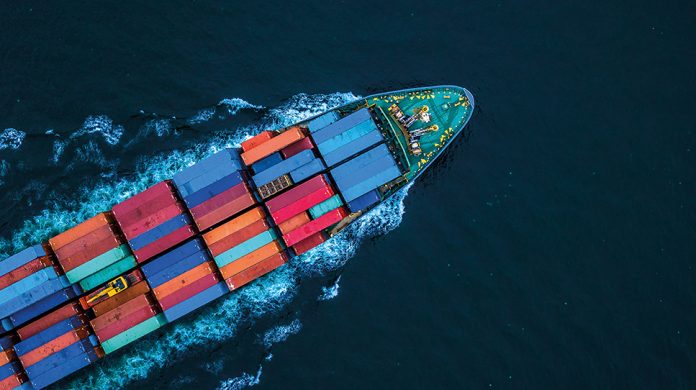Lesley Batchelor OBE, Director General, Institute of Export & International Trade.
The more things change, the more global trade stays the same. A lot is being said at the moment about how the way we trade with the rest of the world is going to change significantly in the years to come due to Brexit.
Leaving the EU will no doubt change several aspects of trade for UK exporters – including the introduction of a lot of paperwork for companies to complete to continue to sell into Europe, as well as potential new tariffs should a ‘no deal’ occur.
However, though Brexit creates a significant level of uncertainty, this uncertainty is as much a threat to the UK market as it is to European markets or elsewhere. One of the best ways of mitigating this risk is therefore to look to markets around the world where there is growth and relative stability. Research from HSBC estimated that 70% of future world growth will come from emerging economies while a report from the ONS showed that most of the UK’s fastest growing export partners for 2018 were also from emerging markets.
Whatever happens with Brexit, the way in which we trade with several of these markets will remain the same. Indeed, the costs involved will probably be easier to predict than for the EU in the immediate future. The duty payable for importation to several emerging markets will remain at the ‘Most Favoured Nation’ rate lodged by the UK in that market under WTO rules.
Understanding how trade works will enable a more global outlook
For those 150,000 companies selling only into Europe presently, Brexit could of course have a significant impact on your costs and administrative processes. However, it’s not just Brexit that could have an impact. Rising protectionism around the world makes an increase in trade disputes between major nations – such as that which is occurring between the USA and China right now – more likely.
If you are apprehensive about all this, then take solace from the fact that there are loads of businesses who have been exporting beyond the EU to less familiar and predictable markets for decades and we’ve been dealing with customs checks and piles of documentation without too many problems. Remember, global trade has been going on for a lot longer than the EU! As people who have being completing customs declarations, proving origin and looking through tariff schedules for several years, we can assure those of you who are new to this that it’s all perfectly doable, you just need to apply yourself to it.
During this period of uncertainty, having an understanding that the processes of global trade will by and large remain the same is really important. At the Institute of Export & International Trade, we have a saying that ‘exporting is easy when you know how’. We really hope that you’ll take heed, because global trade will remain a source of opportunity rather than risk, as long as you take the time to do it properly.
Process is everything
The processes of international trade – or at the least the mindset required to get to grips with them –are unlikely to change any time soon. You will always need to ensure that you stay on top of the documentation required to move goods over borders; you will also always need to know the tariff code for your product and the duty and taxes tracked by that code in the market you’re selling to. When looking to use a preferential trade agreement to pay lower duty, you will need to understand rules of origin in order to prove that the reduced tariff rate applies to the goods you are moving. Whatever the changes ahead, knowing how these sorts of processes work will equip you with the tools for successful trade overseas.
You need to approach trade with a mindset of wanting to do it properly. If you don’t adopt this way of thinking then you risk delays at the border, potential fines and reputational damage. One of the big things we say to new exporters is that international trade should be viewed as an investment. Whatever’s going on between nations at a political level, you will always need to understand the market you’re selling to, do your due diligence on potential partners there and have a plan for how you can grow and sustain your business in that market.
If you’re not sure how to do all this, or if you are daunted by documentary and legal requirements which you know little about at this stage, ask for help and take the time to learn. There is so much support out there – from Government to the Chambers of Commerce, to the training, qualifications and technical help that we provide at the Institute. We also recommend looking at our SME website, www.opentoexport.com as this provides you with introductory articles and webinars on all of the key processes I’ve mentioned.
Using ‘Open to Export’ you can also complete an ‘Export Action Plan’ using an online planning tool on the site. This enables you to set yourselves actions along each step of your export journey, from selecting a market to delivery and documentation and helps you to establish what you need to learn and do in order to sell successfully overseas.
International trade is a world of opportunity
Exporting is an investment and though there are some risky periods and challenges ahead, it remains a worthwhile one such is the opportunity it presents. International trade allows you to spread risk, reach new customers and, ultimately, increase your profits.
As long as you get to grips with how international trade operates and do the work and research required for each market, global trade will remain a source of opportunity rather than a threat.




